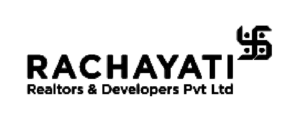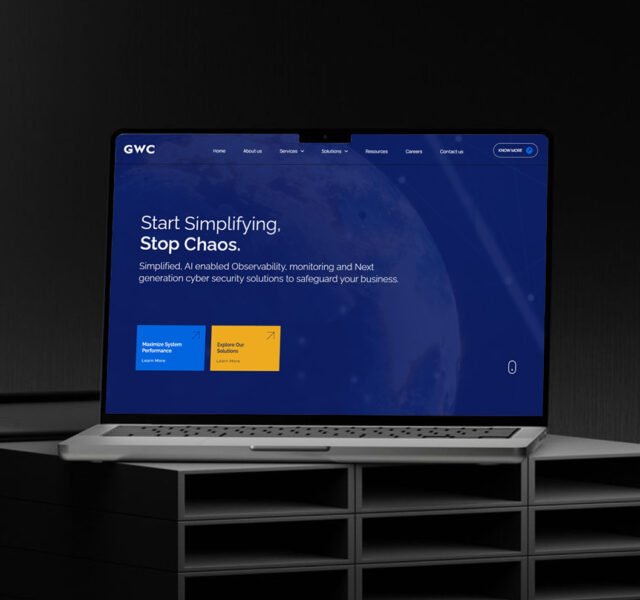BRAND IDENTITY DESIGN SERVICES
Brands That Speak Volumes
Turn your business into a brand with serious main-character energy. We design identities that connect, convert, and actually stick.






















Branding Isn’t Optional — It’s Essential
Thinkster’s brand identity design services go beyond logos—we build full-blown identities that connect, convert, and command attention. From custom brand identity design to tone of voice and brand guidelines, we make your business look as good as it performs.
Need a logo that slaps? Check out our logo & brand identity work →
Let’s turn your brand into a statement, not just a name.
Projects Crushed
Working hours
Industries Served
Crafting brands that connectcaptivateconvert
Always up for a creative collab.
How We Build Brands That Stick
We don’t just do branding — we create iconic identities that look sharp, feel right, and last forever in your customer’s mind.
🧠 Define Your DNA
We kick off with a deep-dive into your brand personality — values, voice, vision. No fluff, just clarity. This is the soul of your brand identity design.
🎨 Design the Visual Vibe
Logos, colors, type — we craft a custom visual identity system that matches your vibe and separates you from the scroll-fest competitors.
📐 Lock It With Guidelines
From logo rules to font hierarchies, we deliver sleek, usable brand guidelines that keep you consistent across every touchpoint.
🚀 Launch With Confidence
We don’t drop and disappear. Whether it’s packaging, socials, or web — our branding services help you launch with polish and purpose.
Build Your Brand’s Main-Character Era — Starting Now
Thinkster is a top branding agency in India that builds bold, no-fluff identities that convert.
Our custom branding services help you stay consistent, scale smart, and own your niche.
Branding & Consulting
01
Welcome to a branding journey where you’re not just seen – you shine. Our Brand Game Plan & Spotlights is your personal roadmap to becoming unforgettable.
We start by discovering what makes you you – your vibe, your edge, and your dream audience. Then, we craft a bold identity and strategy that carves your space in the market.
No templates. No copy-paste. Just a custom-built brand that talks, walks, and dazzles like you do.
LOGO & BRAND IDENTITY DESIGN
02
Forget cookie-cutter. We build identities that hit different. From logos and type to colors and vibes, we turn your brand into a visual powerhouse that looks sharp and feels 100% you—on screens, signs, and everything in between.
BRAND GUIDELINES
03
What good is a killer brand if no one knows how to use it? We build crystal-clear brand guidelines—logos, colors, fonts, tone, usage dos and don’ts—so your brand always shows up sharp, on-point, and impossible to mess up.
AD CREATIVES
04
We design ads that don’t just look pretty—they perform. From scroll-stopping statics to motion-packed carousels, every creative is crafted to grab attention and drive results. Paid campaigns never looked this good.
SOCIAL MEDIA DESIGN
05
Your feed deserves more than random Canva chaos. We design branded templates, slick carousels, story sets, and highlight covers that keep your grid looking fresh, pro, and totally on-brand. Your vibe? Visualized.
PITCH DECK & PRESENTATION DESIGN
06
Investor pitch? Sales deck? Big meeting? We turn boring slides into bold stories—with killer layouts, clean infographics, and visuals that seal the deal before you even start talking. No clipart. No snoozefests.
We are experts in leading industry standard platforms & technologies.




















The Journey
Taking you from wild ideas to epic launches!
1. Discovery Dive
Discovery Dive
01.
Get ready to plunge deep! We explore, investigate, and unearth your brand’s best-kept secrets. Armed with curiosity and caffeine, we gather insights that shape a winning strategy—turning the unknown into the unforgettable. Research never felt this exciting!
01.
Discovery Dive
Get ready to plunge deep! We explore, investigate, and unearth your brand’s best-kept secrets. Armed with curiosity and caffeine, we gather insights that shape a winning strategy—turning the unknown into the unforgettable. Research never felt this exciting!
2. Brainstorm Bonanza
Brainstorm Bonanza
02.
Ideas, ideas everywhere! We doodle, debate, and design the perfect plan, mixing wild creativity with strategic thinking. It’s an all-out creative jam session where your project’s blueprint takes shape—with a side of quirky brilliance and fun surprises.
02.
Brainstorm Bonanza
Ideas, ideas everywhere! We doodle, debate, and design the perfect plan, mixing wild creativity with strategic thinking. It’s an all-out creative jam session where your project’s blueprint takes shape—with a side of quirky brilliance and fun surprises.
3. Content Potion
Content Potion
03.
Brewed to perfection! We mix compelling words and eye-catching visuals to create content that captivates, connects, and converts. It’s not just about looking good; it’s about making magic happen—one irresistible piece at a time
03.
Content Potion
Brewed to perfection! We mix compelling words and eye-catching visuals to create content that captivates, connects, and converts. It’s not just about looking good; it’s about making magic happen—one irresistible piece at a time
4. Imagination Station
Imagination Station
04.
Hop aboard the creativity express! We dream big, think outside the box, and cook up ideas that break boundaries. Expect bold concepts, quirky twists, and a touch of unexpected genius—all designed to make your brand unforgettable.
04.
Imagination Station
Hop aboard the creativity express! We dream big, think outside the box, and cook up ideas that break boundaries. Expect bold concepts, quirky twists, and a touch of unexpected genius—all designed to make your brand unforgettable.
5. The Grand Makeover
TheGrand Makeover
05.
Your brand’s glow-up starts here! We polish, refine, and tweak every little detail until it shines. From fonts to pixels, everything gets a touch of perfection—making sure you’re dressed to impress in the digital world.
05.
TheGrand Makeover
Your brand’s glow-up starts here! We polish, refine, and tweak every little detail until it shines. From fonts to pixels, everything gets a touch of perfection—making sure you’re dressed to impress in the digital world.
6. Showtime Magic
Showtime Magic
06.
Drumroll, please! It’s time to unveil your masterpiece. We present, launch, and celebrate, ensuring your brand steps into the spotlight with style, confidence, and a little extra pizzazz. Get ready to make heads turn and hearts race!
06.
Showtime Magic
Drumroll, please! It’s time to unveil your masterpiece. We present, launch, and celebrate, ensuring your brand steps into the spotlight with style, confidence, and a little extra pizzazz. Get ready to make heads turn and hearts race!
Looking for collaboration for your next project? Do not hesitate to contact me to say hello.











